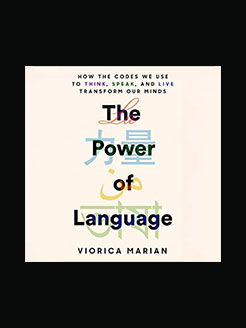Published in 2023 (first published 2005)
128 pages
4 hours and 30 minutes
Angela Yvonne Davis is considered to be a distinguished social and political activist of the United States. She has made a huge contribution in the uplifting of the political and social conditions of black in the American society. She was born and brought up in Alabama by her upper middle class parents, who were also in political scene of their times. Davis has studied in New York, Frankfurt and Massachusetts, where she polished her already existing communist ideas in her mind. She started as an associate professor at the University of California in the subject of philosophy and side by side got involved in the Communist Party USA and the Black Panther Party. It was in the 1970s that Davis got in trouble with the law when one of her subject of study, a young black boy who was imprisoned, tried to escape from the jail and was found with a weapon that was claimed to have been given to him by Davis. She tried to flee the law but was caught and put in the jail until all of the charges on her were withdrawn. Davis has been a keynote speaker on the issues of feminism, condition of the prisoners in the jails of United States and the liberation of gays and lesbians at many renowned universities and institutions since that incident.
What is this book about?
Revelations about U.S policies and practices of torture and abuse have captured headlines ever since the breaking of the Abu Ghraib prison story in April 2004. Since then, a debate has raged regarding what is and what is not acceptable behavior for the world’s leading democracy. It is within this context that Angela Davis, one of America’s most remarkable political figures, gave a series of interviews to discuss resistance and law, institutional sexual coercion, politics and prison. Davis talks about her own incarceration, as well as her experiences as “enemy of the state,” and about having been put on the FBI’s “most wanted” list. She talks about the crucial role that international activism played in her case and the case of many other political prisoners.
Throughout these interviews, Davis returns to her critique of a democracy that has been compromised by its racist origins and institutions. Discussing the most recent disclosures about the disavowed “chain of command,” and the formal reports by the Red Cross and Human Rights Watch denouncing U.S. violation of human rights and the laws of war in Guantánamo, Afghanistan and Iraq, Davis focuses on the underpinnings of prison regimes in the United States.







